If you’ve ever wondered about, or only just heard about, Juneteenth, you’re not alone. Juneteenth is the oldest annual celebration commemorating the ending of slavery in this country. In 2020, Allegheny County in Pennsylvania joined several other cities and counties to make Juneteenth a paid holiday for county employees. Here we break down the four things you need to know to understand this holiday, to participate meaningfully in any discussions about it, and to establish policies that best fit your organization before the next Juneteenth.
- What is Juneteenth
Juneteenth memorializes a belated notification of freedom. According to History.com:
“Juneteenth (short for “June Nineteenth”) marks the day when federal troops arrived in Galveston, Texas in 1865 to take control of the state and ensure that all enslaved people be freed. The troops’ arrival came a full two and a half years after the signing of the Emancipation Proclamation. Juneteenth honors the end to slavery in the United States and is considered the longest-running African American holiday.”
The holiday began in Texas, but as author Isabelle Wilkerson wrote,
“The people from Texas took Juneteenth Day to Los Angeles, Oakland, Seattle, and other places they went.”
It endures today (with its own flag) as a celebration of Black people’s history, culture, and their enduring commitment to freedom, self-development, and achievement.
2. How is Juneteenth Celebrated?
Historian Henry Louis Gates, Jr. notes that for Black people in Texas, Juneteenth stood out “as an occasion for gathering lost family members, measuring progress against freedom, and inculcating rising generations with the values of self-improvement and racial uplift.”
Today, Juneteenth is celebrated through community gatherings, education, music, food, and flag raising ceremonies. Much like the Fourth of July, it’s a time for parties, cookouts, picnics, and gatherings with family and friends. Yet, personal and community education and improvement are at the heart of the celebrations. Events with guest speakers and panelists exploring the ways to realize the commitment to freedom and how to make change dominate the celebrations.
3. Is Juneteenth a Federal Holiday?
Juneteenth became a federal holiday on June 17, 2021. All 50 states (as well as the District of Columbia) recognize Juneteenth as a holiday or observance. At least 22 states and the District of Columbia have designated Juneteenth as a permanent paid and/or legal holiday through legislation or executive action.
Please check with your state or municipality regarding paid holiday status for some public employees. Companies who are not required to make Juneteenth a paid holiday may choose how to recognize the day. Compass recommends you determine an approach in advance of the day to allow leaders to respond to employee inquiries. This is also a good time to consider other holidays and observances you wish to recognize and support through your commitment to diversity, equity, and inclusion (DEI).
4. How Can Companies Celebrate Juneteenth?
For companies interested in celebrating Juneteenth, there are a variety of actions you can consider:
- Send a message to your employees. Make note of the holiday in your communications — newsletter, intranet, email, townhall, etc. Use the opportunity to reaffirm your commitment to DEI. This is a perfect opportunity to share your DEI successes and plans. Create awareness by including resources for learning about the holiday.
- Close early or make it a fully paid holiday. You can follow the lead of PNC, Nike, Twitter, NFL, General Motors, Target, Adobe, and other companies in making it a day of reflection on Black history, culture, and continuing freedom efforts.
- Host a company workshop. Help facilitate dialog on how to make change and address inequality by inviting a guest speaker, hosting a book discussion (perhaps with the author), or facilitating a panel discussion.
- Host and/or sponsor a community event. This is a great opportunity to sponsor community dialogue and education on shaping a better future.
- Add the day to your employee volunteer program. If you already have one in place, add Juneteenth to the program and include appropriate charitable organizations with which to volunteer.
As organizations continue to seek ways to incorporate respect and understanding of diversity into their culture and practices, recognizing and observing Juneteenth is a way to demonstrate your organization’s commitment to DEI.
Compass is available to discuss implementation of DEI initiatives within your culture, employment documents, recruiting techniques, and training programs.
To learn more, please contact Compass at info@WeAreCompass.com.

